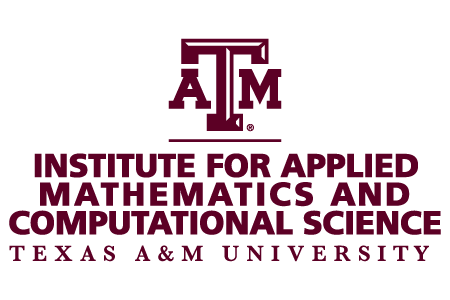James Sharpnack, University of California, Davis
Talk Title: “Lessons in Domain Adaption and an Unsupervised Hunt for Gravitational Lenses”
Abstract: Distribution shift occurs when the training and test distributions differ in a prediction task, and adapting our predictors to this setting is called domain adaptation. In this talk, we will take a tour of the primary domain adaptation methods in classification under the lens of an unprecedented, comprehensive benchmark study and an application to astrophysics. Our benchmark study and accompanying toolkit, RLSbench, consists of 11 vision datasets spanning > 200 distribution shift pairs with varying class proportions. These involve both shifts in image (X) distribution and also label (Y) distribution, which is an often overlooked setting called relaxed label shift. In the second half of this talk, we will apply domain adaptation methods to detecting gravitational lenses in a new astronomical survey (Deep Lens Survey), without the use of known lenses to train with. Instead, we train on simulated lenses and use domain adaptation to generalize to real lenses. We find that with a combination of MixMatch and smart data augmentations, we can dramatically improve model performance (precision at high recall). This study has identified 9 Grade-A lenses, two of which have been spectroscopically confirmed, and 13 Grade-B lenses.

